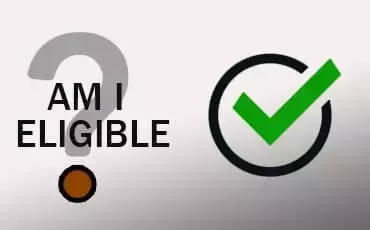Top-up degrees are for those who have successfully completed a Higher National Diploma (HND) or Foundation Degree and want to study further and progress onto the final year of an honour’s degree programme.
Although a HND or Foundation Degree is an excellent qualification, depending on your career ambitions, you may decide that it’s worth studying a little longer for a degree. Topping up your HND or Foundation Degree will typically take one further year of study. They’re designed to ensure you don’t need to start your degree from scratch, which could take three years or more, and instead take a faster route to graduation. You can start a top up degree straight after finishing your previous qualification or after a break if you would prefer – there’s no time limit.
Top up degrees are a brilliant option if you are looking to enhance your existing subject knowledge, skills and understanding further, as well as improve your employability prospects or go on to postgraduate study. Most often, top up degrees are industry specific, helping you to develop the key skills you need to succeed in a particular field, whether that’s Business, Computing, Healthcare, Hospitality, or something else.
Although some students choose to complete their top up degree full-time, on campus, many universities now offer part-time courses and more flexible modes of study, such as distance or blended learning. These options will give you the freedom to study in your own way. If you choose to study 100% online – like the students on our distance learning Business and Management BA (Hons) top up course – you’ll be able to learn wherever and whenever you want, save on the costs associated with studying on campus, and combine work and study if you choose. Studying a top up degree full-time normally takes around 12 months, with courses taking closer to 18 months part-time.
Top up degree entry requirements vary depending on the institution you apply to. However, most will ask that you have completed a relevant two-year qualification, such as a BTEC, HND or Foundation Degree, in the area that you’re looking to study. International equivalents, such as Advanced or Higher Diplomas or Associate Degrees, may also be accepted.
When you graduate from a top up degree, you’ll have a deep subject knowledge and should be able to apply this in a real-world context. You’ll have also honed your analytical, problem solving and research skills – key competencies that many employers value highly. Finally, you’ll have shown you’re a dedicated learner with commitment to complete an undergraduate degree.
All of this could help you take a step up in your current organisation. Or, if you’re looking to change direction or move into management in a new company, in today’s highly competitive world, a top up degree, combined with work experience, could help to set you apart from the crowd; most employers and graduate scheme recruiters will specify a Bachelors degree as a ‘must have’ requirement.
Many students also use their undergraduate degree as a steppingstone to continue their studies, whether that’s completing a Masters degree or a professional postgraduate qualification in an area such as accountancy, law or teaching after graduation.



